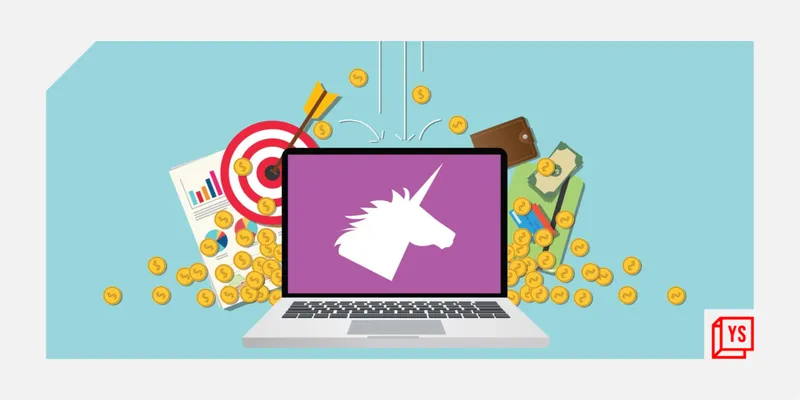India is the third-largest hub for startup unicorns, with a total of 68 companies in the billion-dollar valuation club, according to The Hurun Research Institute’s Global Unicorn Index 2023.
Edtech giant BYJU’S topped the list for India with a valuation of $22 billion—the 10th biggest rise in valuations since before the pandemic. It was followed by food delivery and quick commerce startup Swiggy and fantasy sports platform Dream11 (each worth $8 billion).
While none of the Indian startups featured in the list of top 10 startups globally, logistics unicorn Delhivery bagged the 14th spot on the list of top IPOs last year.
Additionally, 70 unicorns were started by Indian co-founders outside of India, bringing the total number of unicorns founded by Indians globally to 138. Most of the unicorns founded outside of India were in the US (64), with two in the UK, and one each in Germany, Singapore, Indonesia, and Mexico.
“Founders from India, China and Russia are producing more offshore unicorns than any other country. India’s co-founded 70 unicorns outside of India compared with 68 in India, whilst Chinese co-founded 32 outside of China, compared with 316 in China,” the report noted.
According to the report, there are currently 1,361 unicorns globally—up 303 from last year. The US leads with 666 unicorns—an increase of 179 and representing 49% of the world’s total unicorn count—while China comes second with 316 unicorns.
The period since the beginning of the COVID-19 pandemic saw the fastest unicorn creation rate in history, averaging one new unicorn per day.

The report states that OpenAI, owner of generative AI tool ChatGPT, is one of the best-performing unicorns in the world, jumping from 272nd to 17th spot, with its valuation up $17 billion to reach $20 billion.
Some of the other notable changes in valuations since last year include San Francisco-based note-taking application Notion Labs, which is up $8 billion, while Guangzhou-based Shein and LA-based SpaceX added $45 billion and $37 billion, respectively.
However, the companies with the biggest drops in valuation were Bytedance—down $150bn—followed by Stripe and fintech Klarna.
The number of countries with at least one unicorn has doubled since the COVID-19 pandemic, from 24 to 48, with Canada adding 23 new unicorns since the beginning of the pandemic.
The report also revealed that the number of cities with unicorns also increased from 118 three years ago to 271 currently. San Francisco retained the title of the world’s unicorn capital, with 181 unicorns, followed by New York, Beijing, and Shanghai. Bengaluru is home 33 unicorns and is tied with the Chinese city Shenzhen on the list.
The sectors where most unicorns were created in the past year include fintech, followed by enterprise services, blockchain, and logistics. Fintech overtook ecommerce as the top unicorn-producing industry since COVID-19.
The sectors of energy, life sciences, and aerospace also saw the most significant disruptions from unicorns in the past year.










